This section is for paid subscribers only. Our subscription is only $3700/- for one full year.
You get unlimited access to all paid section and features on the website with this subscription.
Subscribe to read full article
This section is for paid subscribers only. Our subscription is only $37/- for one full year.
You get unlimited access to all paid section and features on the website with this subscription.
Not ready for a full subscription?
You can access this article for $2, and have it saved to your account for one year.
- Release Date1955
- GenreFantasy, Drama
- FormatColour
- LanguageTamil
- Run Time151 min
Many fantastic stories-like this one from Arabian folklore - find their place in Tamil cinema. This film was a remake of the Hindi film of the same title made by Basant Wadia. Alibaba, a poor woodcutter in Baghdad, chances upon the hideout of Abu Hussain, a notorious dacoit. He overhears the password to the hideout and helps himself liberally to the loot hidden there. Alibaba’s brother, Kasim, finds out the password from Alibaba and enters the cave. He is caught by the dacoits; they kill him and keep his body inside the cave. Alibaba manages to retrieve the body. Abu Hussain realizes that the password has leaked out and Alibaba is the culprit. He comes to Alibaba’s house, disguised as an oil merchant. Each of the thirty-nine barrels he brings with him contains a dacoit who is to come out on cue so that together they can take over the house. However, Alibaba’s wife outwits and kills the dacoits.
Modern Theatres specialized in entertainers, without any pretensions to social comment and their films made no demands on the minds of the audience. This film was typical, with many songs that were popular hits, group dances fencing chases, and a cliffhanger finish. This film’s cast of M G Ramachandran as the swash-buckling Alibaba, Bhanumathi as the singing-heroine - two of the most popular artists of the Fifties - and Thangavelu as the comedian contributed to its huge success. That it was the first colour film of South India was another significant factor. The screen villain of the Fifties, P S Veerappa’s portrayal of the heartless Abu Hussain was also memorable. Waheeda Rehman, who later rose to be a star in the Hindi cinema, made her debut in this film in a dance number.
Except for the riding sequences, the whole film was shot on indoor sets. Though there are incongruities like Alibaba’s wife referring to Yama, the Hindu god of death, the costumes were middle - eastern. For changes of scene, irises and wipes were used, a hangover from the early talkie days. In 1941, an earlier version of this film was made with N S Krishnan as Alibaba, which was a full-length comedy.
[from the book The Eye of the Serpent by S Theodore Baskaran]
Cast
Crew
-
BannerModern Theatre Ltd, Madras
-
Director
-
Music Director
-
Lyricist
-
Cinematography
-
Editing





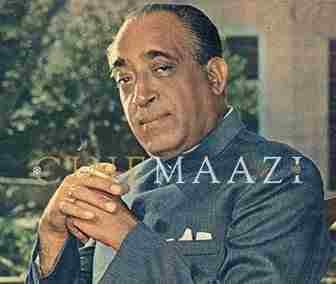
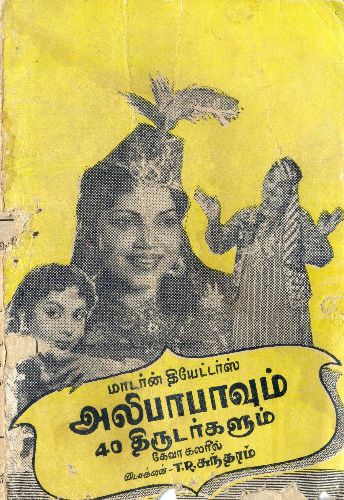
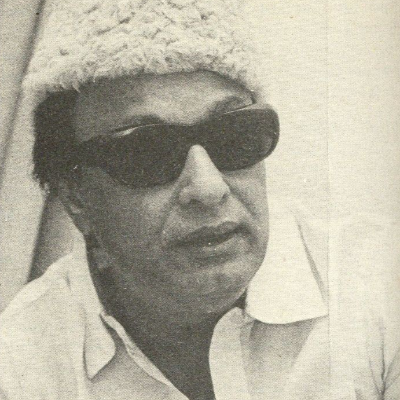

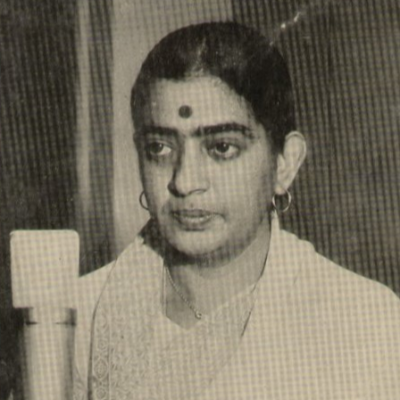

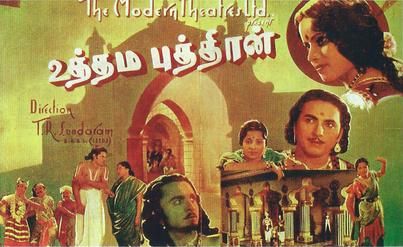

.jpg)



